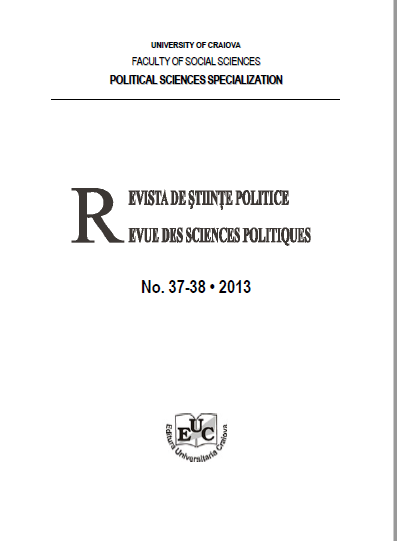Political Implications of Preserving Traditional Rural Industries in Eastern Europe: Evidence from the Romanian Wine Sector
Political Implications of Preserving Traditional Rural Industries in Eastern Europe: Evidence from the Romanian Wine Sector
Author(s): Silvia-Mihaela PavelSubject(s): Business Economy / Management, Agriculture, Economic development
Published by: Editura Universitaria Craiova
Keywords: wine family business; enotourism; rural communities; rural area; traditions; development regions;
Summary/Abstract: Coincident with the effects of globalization, in recent decades, the role of agriculture in much of the advanced world as a pillar of economic and social life is redefined. Romania, a former communist country, illustrates the struggles of European rural regions due to the lack of economic and trade opportunities. The challenges that Romanian rural areas are facing are supplied by the complexity of the backwardness as compared to urban areas, these too ruined by the political and governmental actions which led to the construction of post-revolutionary democracy that depleted the industry landscape competitive in an era already bygone, which limits the potential and resources necessary for the rising of new industries. In this analysis we try to focus on the changes taking place in the Romanian rural areas, in terms of vine-growing and wine-making business operators. The Romanian rural area is a space that, in the context of the transition from centralized economy to market economy, has accumulated multiple dysfunctions, whose resolution requires the identification of viable solutions, matching local potential and at the same time preserving traditional specificity.
Journal: Revista de Științe Politice. Revue des Sciences Politiques
- Issue Year: 2013
- Issue No: 37+38
- Page Range: 234-245
- Page Count: 12
- Language: English

